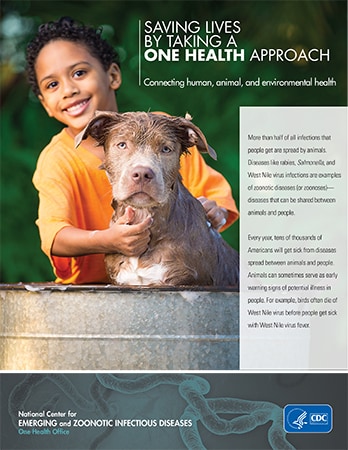Free Advice To Picking Natural Dog Probiotics
Wiki Article
What Are Some Of The Most Frequent Diseases Animals Are Afflicted With?
Based on the species, age, overall health and the animal's overall health, there are numerous medical issues that can affect animals. Common issues with animals' health include-
Heart Disease- Conditions like congestive heart failure can affect animals, especially older ones, and lead to reduced heart function. Endocrine Disorders- Hormonal imbalances, such as hypothyroidism or Cushing's disease, can affect animals' general health.
Diabetes mellitus in dogs can be managed by insulin therapy as well with dietary changes.
Renal (Kidney). Kidney disease is a problem that affects cats of older age and canines, and could require changes in diet and medication.
Bladder and urinary Tract Problems - Urinary tract infections, bladder stone, and urinary continence can all affect your pet.
Allergies- Animals be affected by food allergies, environmental allergies, and contact allergies, which may lead to digestive or skin problems.
Behavioral Issues. Issues with behavior like aggression and anxiety could have a negative impact on the pet's well-being. A vet or animal behaviourist could be required to intervene.
Injuries and wounds- Accidents or fights may cause soft tissue injuries, fractures and wounds that need medical care. It is important to keep in mind that early diagnosis is key to maintaining animals' wellbeing and health. A balanced diet, regular veterinarian checks, vaccinations, and parasite control are a way to prevent many of the common medical problems in animals. A veterinarian should also be immediately contacted if the animal is showing signs of disease. Check out the best pet calming supplements for website recommendations.

What Are The Most Effective Supplements Such As Vitamins, Probiotics And Vitamins For Canines?
It is crucial to take into consideration your dog's specific needs and the recommendations from a veterinarian before deciding on vitamins, probiotics or supplements. While it is important to provide your dog with healthy and balanced food certain breeds may need other supplements. Here are a few of the most popular supplements for dogs, along with their potential benefits:
Antioxidants. Antioxidants, including vitamin E and C can shield your dog's cells from stress caused by oxidative. They also aid in the immune system. Calcium and Vitamin D- These are crucial for maintaining strong bones and teeth especially in puppies as well as large breed dogs.
Fiber Supplements. If your dog has digestive issues such as constipation and diarrhea, fiber supplements that are soluble can aid in regulating bowel movements.
Green-Lipped Mossel Extract: This product is rich in Omega-3 fat acids, and it can aid in reducing joint pain and improve mobility.
Coenzyme 10 (CoQ10) - CoQ10 could be an antioxidant that aids in maintaining the health of your heart and energy production.
Milk Thistle This herb is used to improve liver health and is beneficial for pets suffering from liver issues or who are taking medicines that affect the liver.
Prior to giving your dog any supplements, it's important to consult your veterinarian. They will be able to offer specific advice that's specifically tailored to your dog's needs. The health of your dog, its age and size can affect the dosage. Too much supplementation could result in damage. It's important to pick supplements from reputable manufacturers. See your veterinarian right away if you observe any abnormal signs or reactions. A well-balanced and veterinarian-recommended diet is typically the best way to meet your dog's nutritional needs, and supplements should only be used when necessary and under professional guidance. The best of the finest pet herbal supplements for lactating cats for more advice.

What Is The Frequency Of Yeast Infections, Skin Allergy And Kidney Failure? What Are The Remedies?
These ailments can be affecting dogs in a variety of ways, based on their breed and age, as well as their overall health etc. This article will provide an overview of each condition as well as its severity and treatment options.
Skin Allergies - Prevalence. Dogs suffer from skin allergies in a large number. Food, environmental factors such as pollen or dust mites, as well as contact allergy can cause allergies.
The symptoms include itching and redness. Hot spots, hair fall, as well as ear infections are also possible.
Treatmentfor skin allergies requires finding allergens that cause allergic reactions and limiting their exposure. Treatment can include antihistamines, hypoallergenic diets and corticosteroids and medicines such as cyclosporine. As a long-term remedy, allergy shots and allergy testing can be thought of.
It's crucial to keep in mind that, while these conditions may occur in dogs, not all dogs are affected. Furthermore, the severity of these conditions can differ between breeds and dogs. Regular veterinary visits as well as a healthy diet and preventative measures like flea control and proper sanitation could aid in reducing the risk. Talk to your vet if believe your dog may have any medical issue like kidney issues, skin allergies or yeast infections. A veterinarian can offer the most accurate diagnosis, as well as a customized treatment program. Early intervention can improve your pet's quality of life and can lead to better results. The best of the best pet herbal supplements for urinary health for website examples.